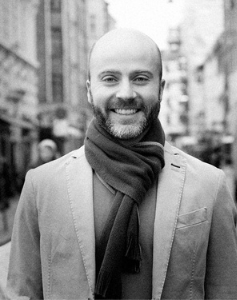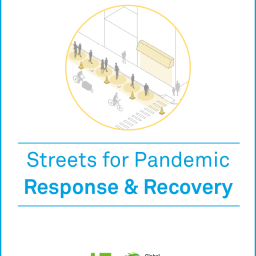
At SmartCitiesWorld’s inaugural advisory board meeting, Jeff Risom, chief innovation officer at Gehl Architects, explored how the public realm might be managed in the post-pandemic era.

Delivering this and other insights to the inaugural SmartCitiesWorld advisory board meeting, Jeff Risom, chief innovation officer at Gehl Architects, highlighted why cities are unlikely to go back to being as we once knew them and presented the opportunities as well as challenges this could bring.
People-first urban design
Gehl Architects has steered “people-first” urban design and strategy projects in cities around the world and its work is underpinned by science and data. Risom, based in Copenhagen, himself combines expertise in architectural engineering and social science and seeks to deliver projects that are economically viable and socially equitable, as well as sustainable.
“We’ve collected a lot of data and information about how people use urban environments in many different contexts including warm and cold climates and megacities and small towns. The collection of data is really key for us,” he explains. “We constantly have this fight around the semantics of smart cities, which is oftentimes associated with big data, and IoT and the ability to measure things. What we try to do is connect large datasets.”
Read the full article


